Trump's China Trade Policy: 30% Tariffs Extended To Late 2025?
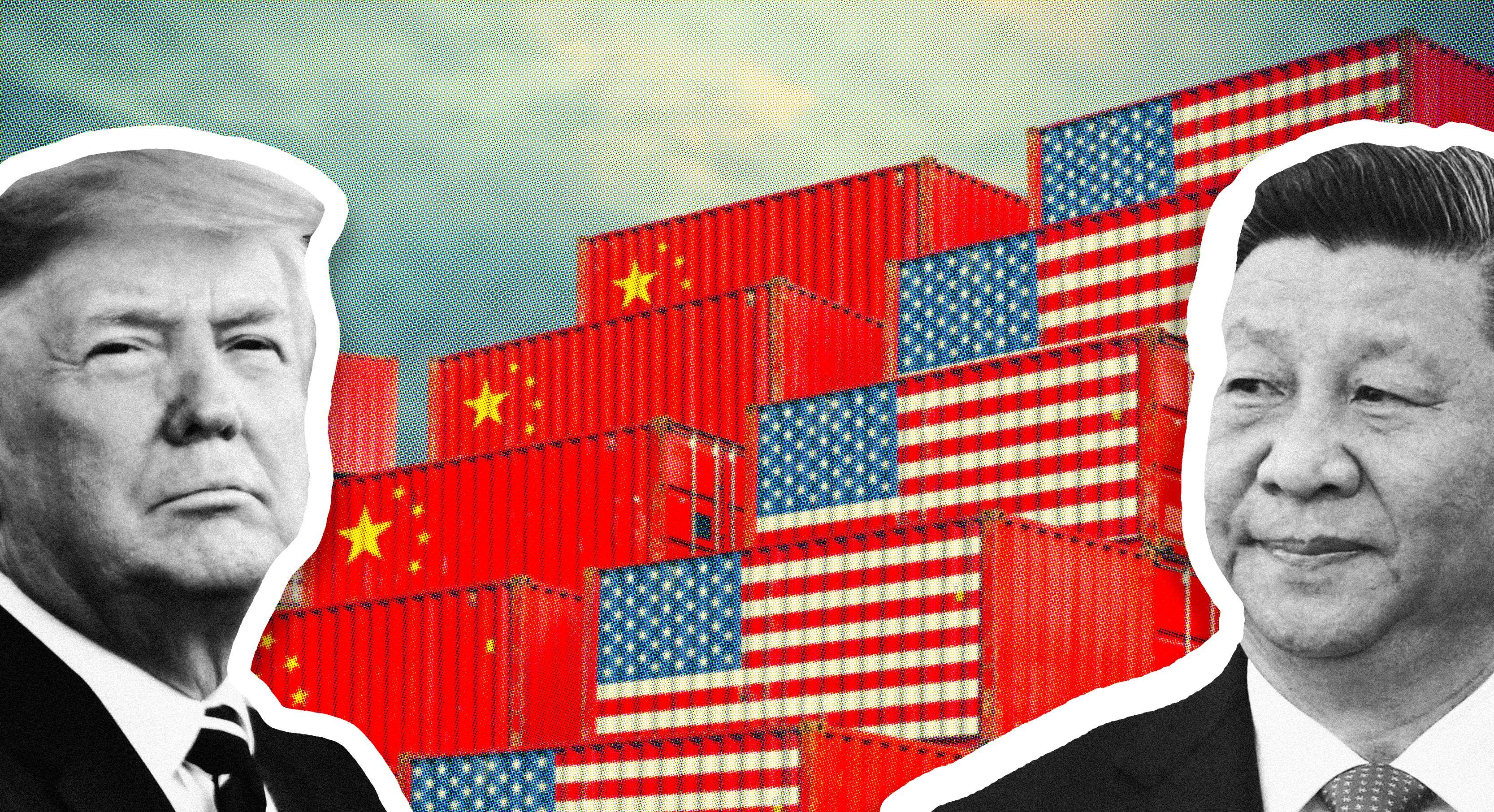
Table of Contents
2.1 The Genesis of Trump's Aggressive Trade Stance Towards China:
H3: "America First" and the Trade War: Trump's "America First" agenda fueled his decision to impose tariffs on Chinese goods. The administration cited several key grievances justifying this aggressive stance. These included:
- Massive Trade Deficit: The US consistently ran a substantial trade deficit with China, fueling concerns about job losses and economic vulnerability.
- Intellectual Property Theft: Allegations of widespread intellectual property theft by Chinese companies, costing US businesses billions, were a major driver of the trade war.
- Unfair Trade Practices: The Trump administration accused China of employing various unfair trade practices, including forced technology transfers and subsidies to domestic industries.
Key figures like then-Trade Representative Robert Lighthizer played instrumental roles in shaping and implementing this trade policy. The scale of the tariffs was unprecedented; hundreds of billions of dollars worth of Chinese goods were targeted, impacting a wide range of sectors.
2.2 The 30% Tariffs: Impact and Sectors Affected:
H3: Targeting Specific Industries: The 30% tariffs significantly impacted various industries, leading to substantial economic consequences.
- Consumer Goods: Increased prices on everyday goods like electronics, clothing, and furniture, directly impacting consumers' purchasing power.
- Technology: The tech sector faced significant challenges, with tariffs on components and finished products disrupting supply chains and increasing production costs.
The ripple effects extended far beyond targeted sectors. Supply chains were disrupted globally, forcing businesses to adapt or face significant losses. While some argue that the tariffs created opportunities for domestic manufacturers, others highlight the job losses in industries reliant on Chinese imports. The precise figures regarding job losses and gains remain a subject of debate amongst economists.
2.3 The Biden Administration's Approach to China Trade:
H3: Continuity and Change: The Biden administration inherited a complex and contentious trade relationship with China. While it has signaled a departure from Trump's aggressive rhetoric, some aspects of the trade policy remain in place.
- Continued Negotiations: The Biden administration has engaged in ongoing negotiations with China on various trade issues, seeking to address concerns about unfair practices.
- Selective Tariff Adjustments: While some tariffs have been lifted or reduced, many remain in effect, indicating a degree of continuity in the approach to China trade.
- Focus on Strategic Competition: The Biden administration has shifted the emphasis from solely trade issues to a broader strategy addressing strategic competition with China across various sectors, including technology and national security.
2.4 Economic Analysis: Winners and Losers:
H3: The Long-Term Economic Consequences: The long-term economic consequences of Trump's China trade policy remain a subject of intense debate.
- Inflationary Pressures: The tariffs contributed to inflationary pressures, increasing the cost of goods for consumers and businesses.
- Impact on Economic Growth: The economic impact has been mixed, with some sectors benefiting from increased domestic production while others suffered from reduced competitiveness.
- Strained International Relations: The trade war significantly strained US-China relations, impacting broader geopolitical stability.
Studies on the overall economic impact vary, with some suggesting negative long-term effects and others arguing that certain sectors gained from the protectionist measures. The perspectives of businesses, consumers, and workers often diverge significantly.
2.5 Potential Future Scenarios for the 30% Tariffs:
H3: The Outlook for 2025 and Beyond: Several scenarios are possible regarding the future of the 30% tariffs.
- Complete Removal: The Biden administration could choose to remove all tariffs, signaling a shift towards greater cooperation with China.
- Partial Reduction: A more likely scenario involves a phased reduction of tariffs, addressing specific concerns while mitigating the economic impact.
- Continued Enforcement: Maintaining the tariffs could reflect a sustained emphasis on strategic competition with China, even if accompanied by efforts to improve relations in other areas.
Several factors will influence the final decision, including geopolitical events, the state of the US economy, and the ongoing bilateral negotiations. The evolution of US-China relations will be crucial in determining the future of these tariffs.
3. Conclusion: Understanding the Enduring Legacy of Trump's China Trade Policy
Trump's China trade policy, particularly the imposition of 30% tariffs, left a significant mark on the US-China relationship and the global economy. The long-term consequences of these tariffs, potentially extending to late 2025, remain uncertain. The future trajectory will depend on the Biden administration's evolving strategy, geopolitical developments, and ongoing economic negotiations. The continued impact of Trump's China trade policy necessitates careful monitoring of developments in US-China relations. Stay informed about ongoing discussions regarding the impact of Trump's tariffs on China and engage with organizations focusing on trade policy to understand the implications of this enduring legacy on the global economy. Understanding the intricacies of China trade relations under Trump is crucial for navigating future economic and geopolitical uncertainties.

Featured Posts
-
 The Hunt For Bin Laden New Insights From Netflixs American Manhunt
May 18, 2025
The Hunt For Bin Laden New Insights From Netflixs American Manhunt
May 18, 2025 -
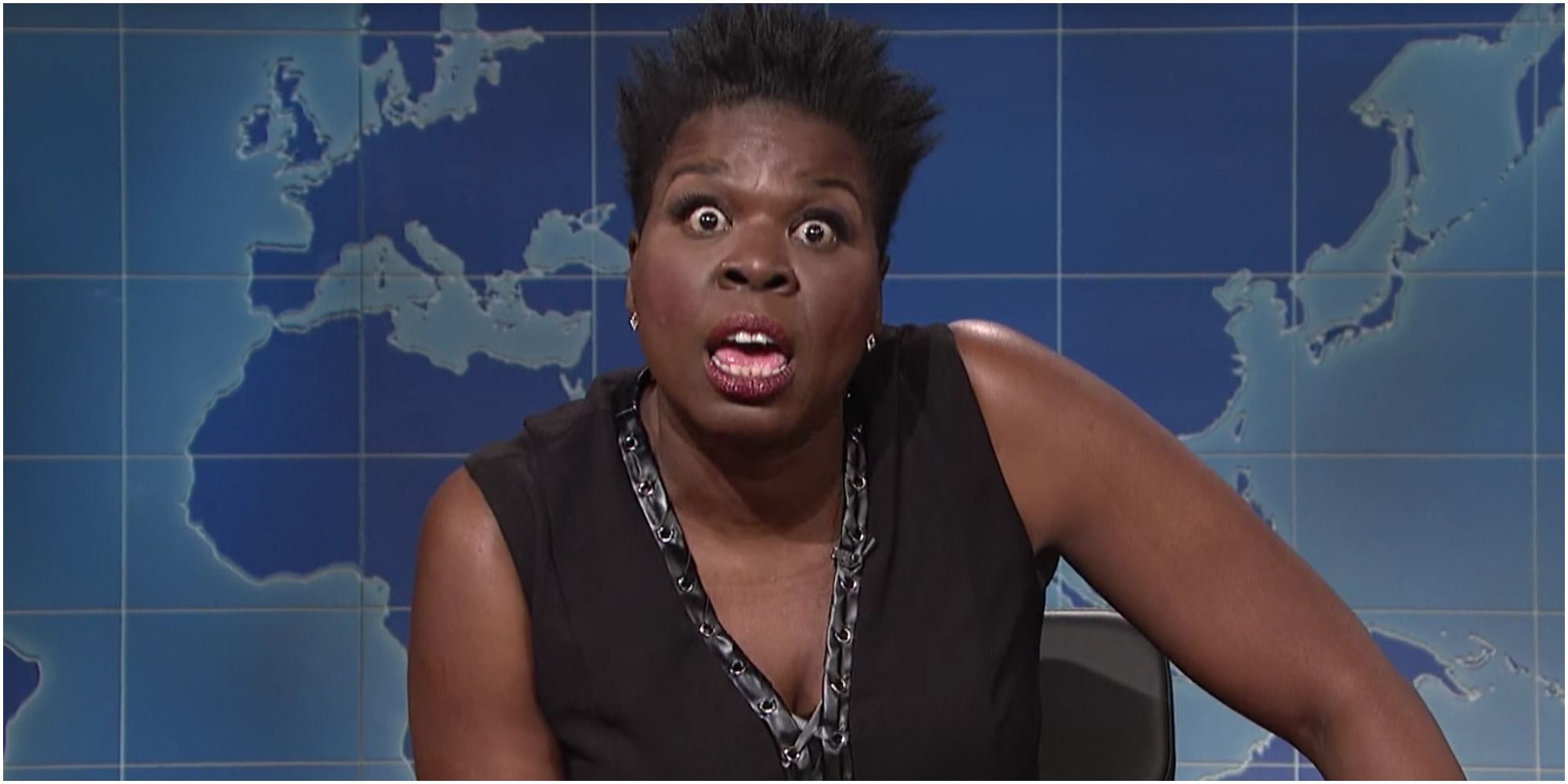 Leslie Jones Signs With Ope Partners Snl Alumnas Next Chapter
May 18, 2025
Leslie Jones Signs With Ope Partners Snl Alumnas Next Chapter
May 18, 2025 -
 Former Child Star Amanda Bynes Joins Only Fans A Strict Content Policy Explained
May 18, 2025
Former Child Star Amanda Bynes Joins Only Fans A Strict Content Policy Explained
May 18, 2025 -
 Analyzing The Dodgers Left Handed Hitters Recent Performance
May 18, 2025
Analyzing The Dodgers Left Handed Hitters Recent Performance
May 18, 2025 -
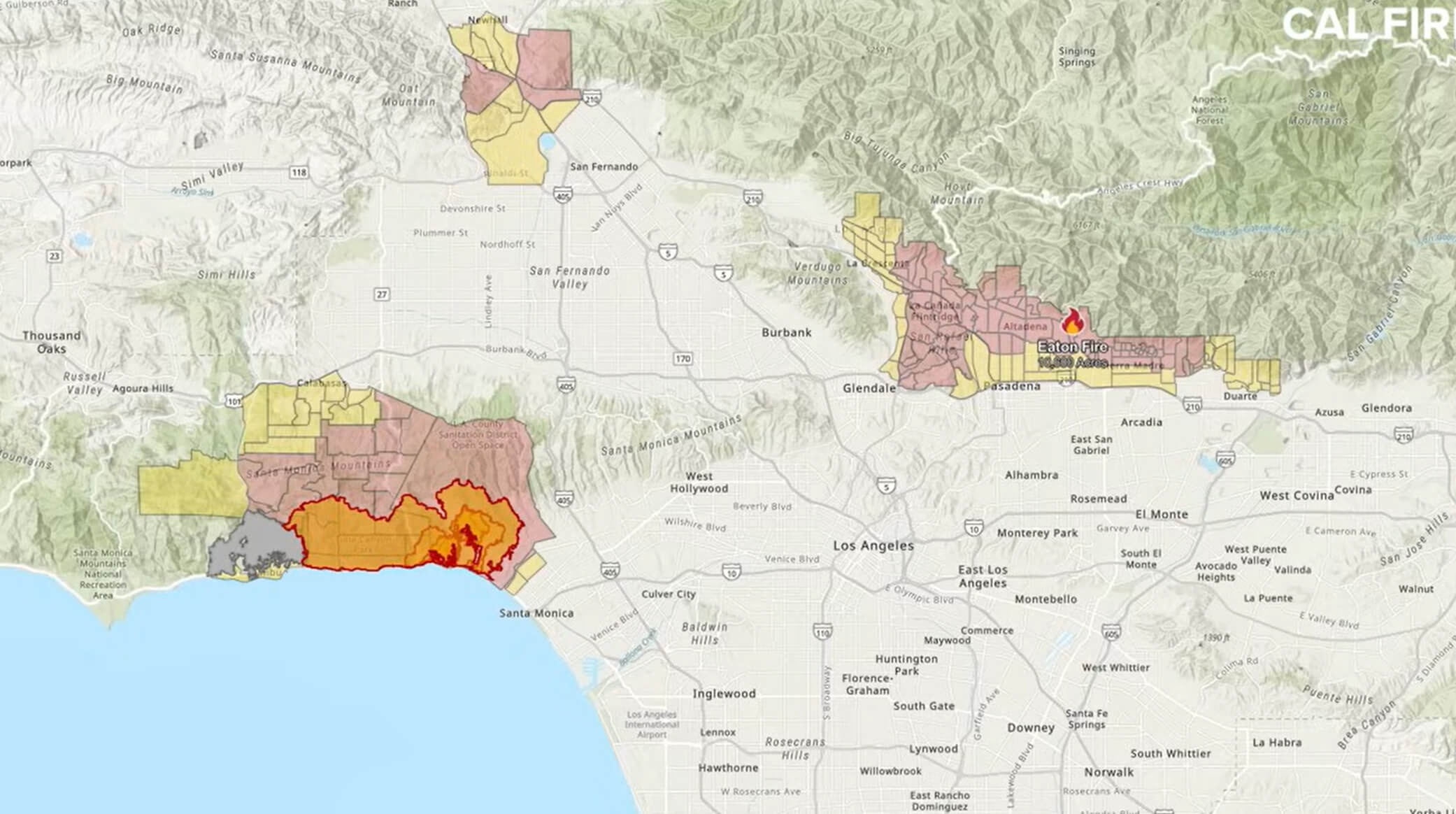 Gambling On Disaster The Case Of The Los Angeles Wildfires
May 18, 2025
Gambling On Disaster The Case Of The Los Angeles Wildfires
May 18, 2025
Latest Posts
-
 Snl Spoofs Signal Leak With Mikey Madison Texting Government Officials
May 18, 2025
Snl Spoofs Signal Leak With Mikey Madison Texting Government Officials
May 18, 2025 -
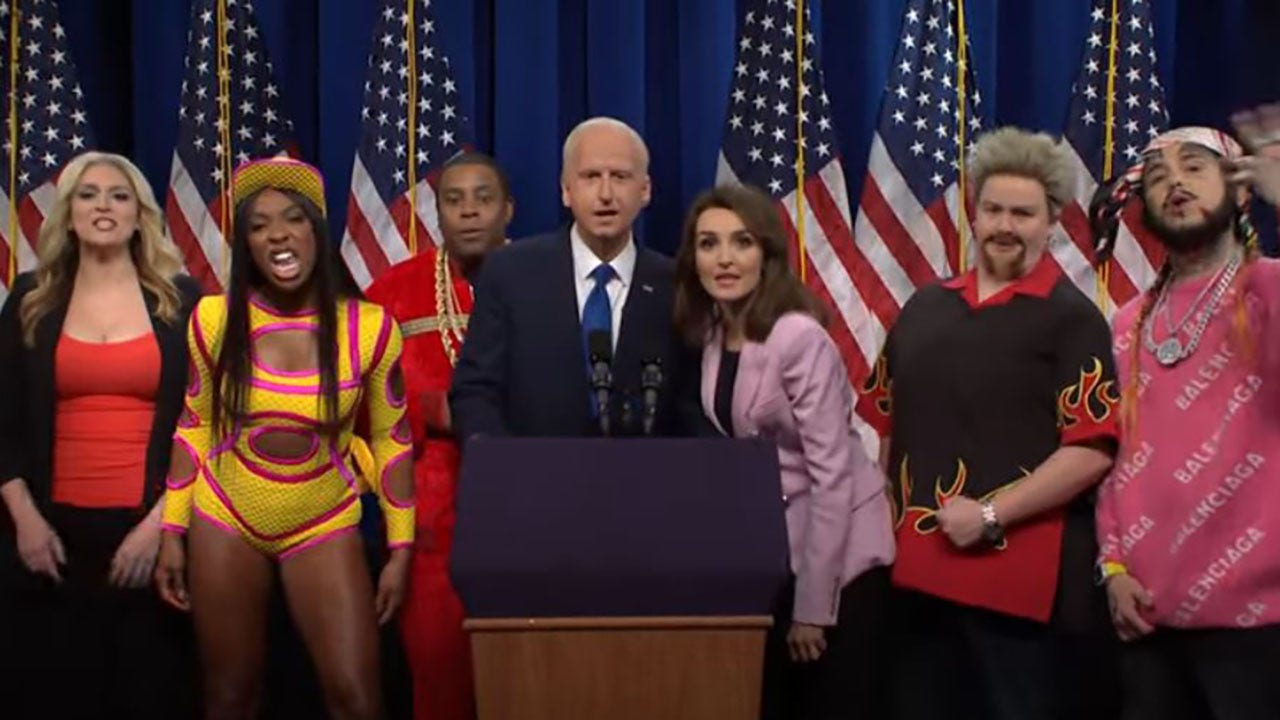 Mikey Madisons Snl Cold Open A Signal Group Chat Parody
May 18, 2025
Mikey Madisons Snl Cold Open A Signal Group Chat Parody
May 18, 2025 -
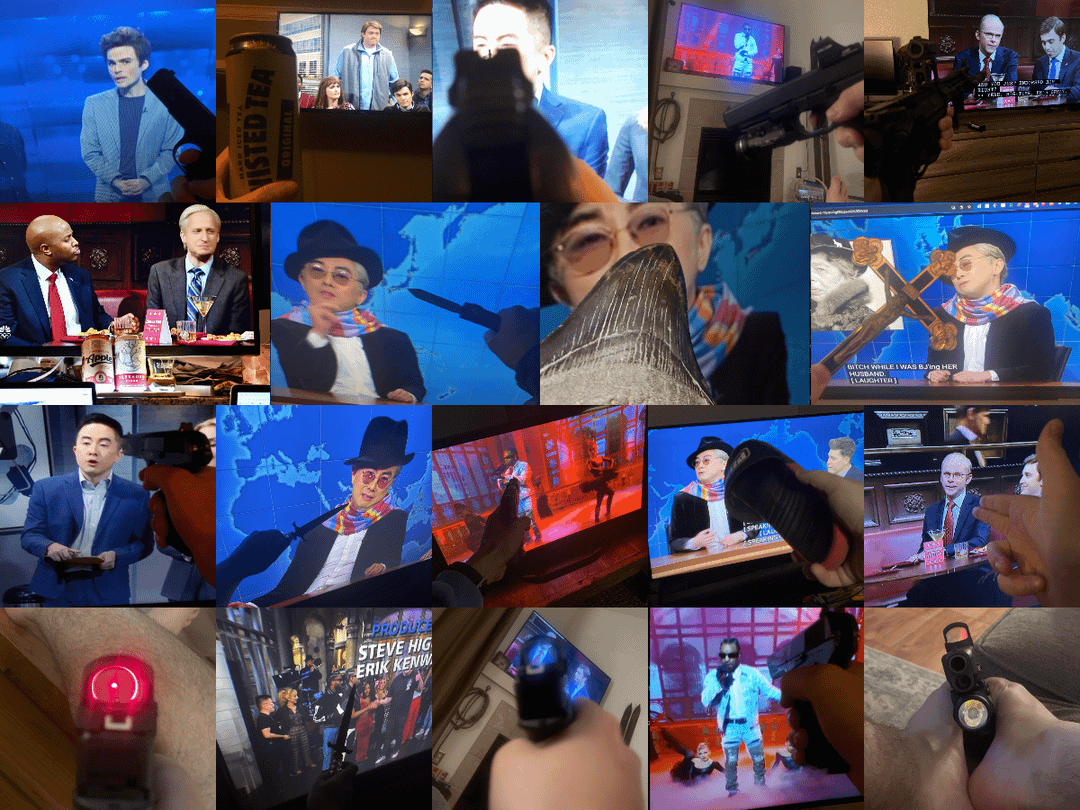 Mikey Madison Texts Government Officials In Snls Signal Chat Spoof Cold Open
May 18, 2025
Mikey Madison Texts Government Officials In Snls Signal Chat Spoof Cold Open
May 18, 2025 -
 Snl Parodies Signal Leak With Mikey Madison Texting Government Officials
May 18, 2025
Snl Parodies Signal Leak With Mikey Madison Texting Government Officials
May 18, 2025 -
 West Palm Beach Students On The New Pope Intentions And Expectations For The Catholic Church
May 18, 2025
West Palm Beach Students On The New Pope Intentions And Expectations For The Catholic Church
May 18, 2025
